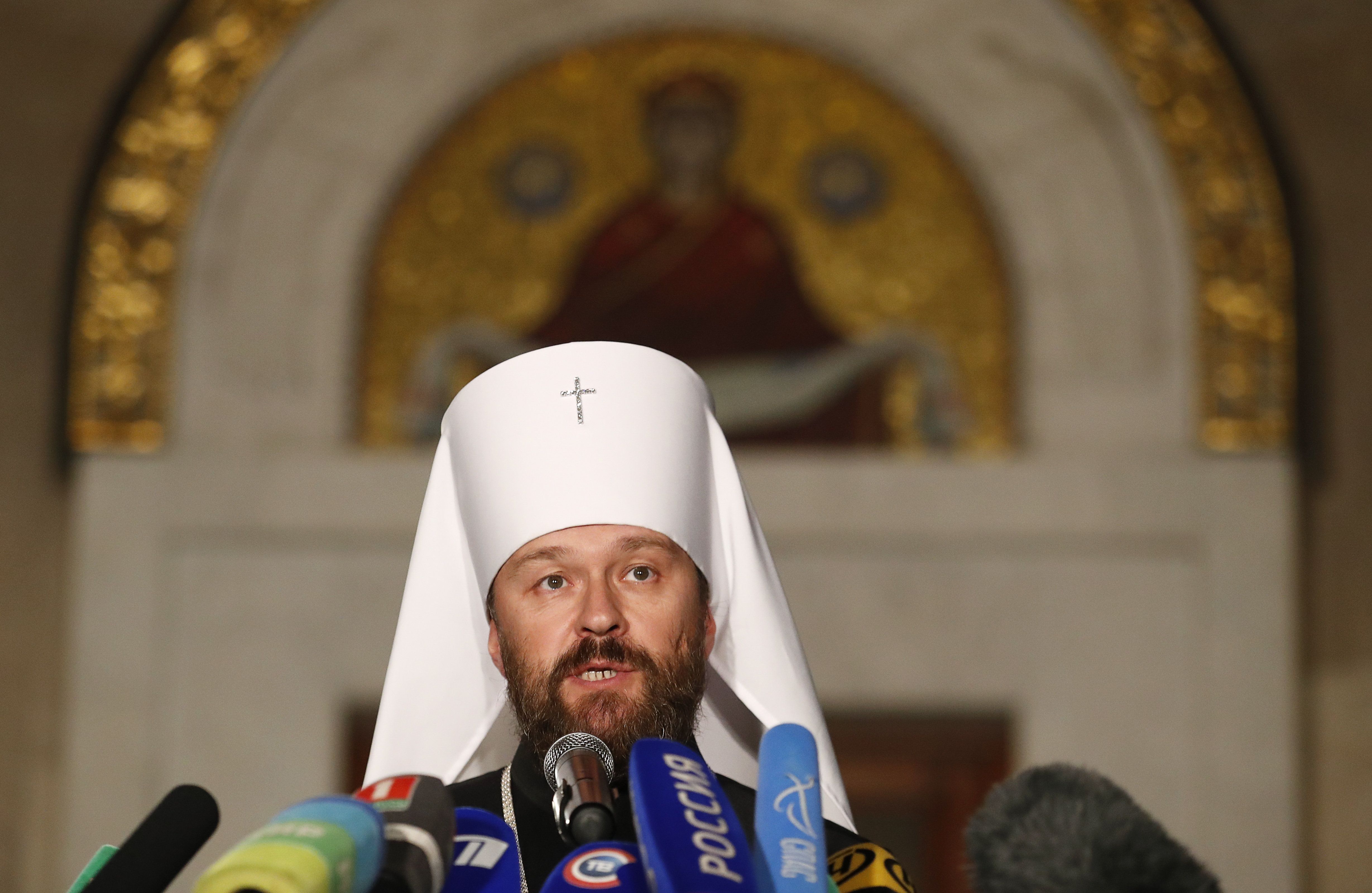What’s God's is God’s, what’s Caesar’s is Caesar’s, and what’s Ukraine’s is no longer Russia’s.
That, at least, is the view of Patriarch Bartholomew I, the Istanbul-based leader of more than 300 million Eastern Orthodox believers, who last week moved to grant the Ukrainian church independence from Russia for the first time in 300 years.
This is a spiritual matter with distinctly worldly implications – after all, just four years ago Russia annexed Crimea and backed an insurgency that continues to grind on in Ukraine’s east. Many Ukrainians, including this feline atheist, view the independence of the Ukrainian church through the lens of their country’s ongoing struggle against Russian influence.
Ukraine’s president, Petro Poroshenko, has seized on the issue as a way to boost his dismal approval ratings ahead of next year’s presidential election. Over the weekend, he hailed the decision not only as a prayer answered, but as an issue of national security and as a critical component of the European future he imagines for his country.
Meanwhile the Kremlin, and the closely-aligned Russian Orthodox Church, are furious. For one thing, independence for the Ukrainian church could cost the Russian church about a third of its parishes there. But more broadly, Moscow sees itself not only as a defender of Orthodox believers everywhere, it views the lands of Ukraine with special zeal as the cradle of the Russian Orthodox faith. In fact, that’s one of the reasons Putin ordered the Russian invasion in 2014.
The issue is so critical for Russia, in fact, that Putin summoned a security council meeting about it over the weekend. And Russia’s Orthodox leaders have now explicitly rejected Patriarch Bartholomew’s decision, in a move that could spell Christianity’s biggest schism in a thousand years.
Ominously, the Russian government has also claimed the right to intervene in Ukraine to protect the interests of the Orthodox church there, in terms surely meant as a warning to Ukrainians both in office and in church. Keep a close eye on this in the coming weeks, as tensions could flare sharply on the ground.
